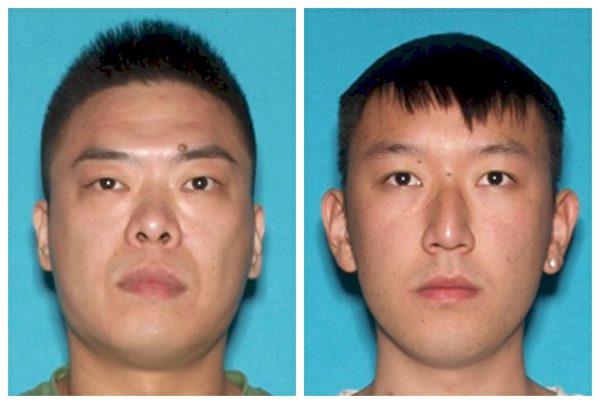An ordinance regulating the short-term rental business including those with Airbnb was approved by Los Angeles City Council on Dec. 11, marking the end of a marathon debate and discussion on the topic that has lasted three and a half years.
The ordinance sets a limit of 120 days for the hosts to run their home-sharing business during one calendar year. In addition, hosts are required to only rent their primary residence and must pay $89 for the registration, which will need to be renewed every year.




